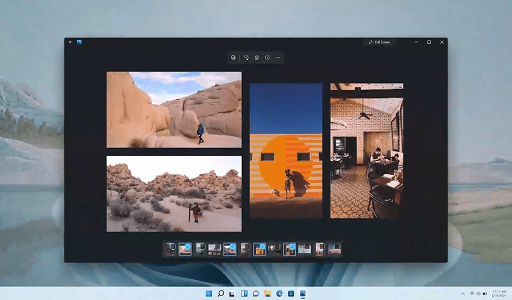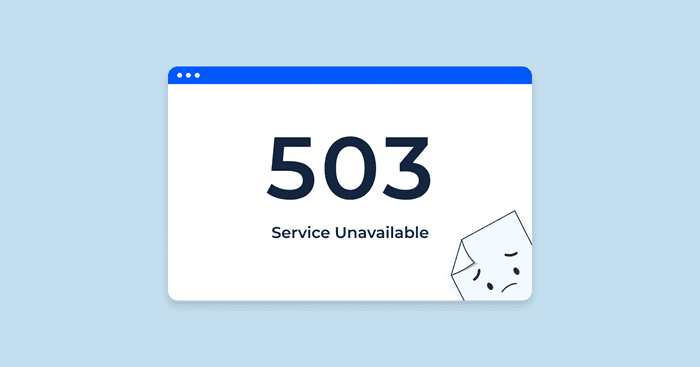Google’s Search Liaison confirmed that Google’s site reputation abuse update began on Monday, May 6th. Various sites across the internet started removing web pages that could be considered or amounting to third-party content in an attempt to game search engine rankings.
One tactic includes a marketer using their content on another website in order to fake out its ranking in the search engines. This has commonly been referred to as a publisher piggybacking off of another publisher’s website and is a tactic that’s gained some renewed popularity previously.
Some unsavvy marketers refer to this approach as “parasite SEO.” A poor choice of words since parasites tend to take nourishment from unwilling host organisms, while this sort of ranking strategy works on mutual agreement, rather than predatory behavior.

Far from being solely used by low-level affiliate marketers, this tactic is also embraced by numerous major brands, especially in industries such as credit cards and product reviews.
The Google Cracks Down on Third-Party Content
This particular spam policy focuses on websites that host third-party content without much involvement from the hosting publisher in the content published on their site. However, merely hosting third-party content is not the sole criterion for being targeted as spam.
Google’s formal definition is:
“Site reputation abuse is when third-party pages are published with little or no first-party oversight or involvement, where the purpose is to manipulate Search rankings by taking advantage of the first-party site’s ranking signals. Such third-party pages include sponsored, advertising, partner, or other third-party pages that are typically independent of a host site’s main purpose or produced without close oversight or involvement of the host site, and provide little to no value to users.”
In a tweet, Google’s SearchLiaison confirmed that the policy took effect today.
The tweet read:
“It’ll be starting later today. While the policy began yesterday, the enforcement is really kicking off today.”
Recently, several prominent brand websites have eliminated sections featuring product reviews that lacked evidence of reviewers actually interacting with the products they reviewed. These reviews lacked original product photos, lacked product measurements, and lacked testing results.
Would you like to read more about “Recovery Path For Sites Hit By Core Update” related articles? If so, we invite you to take a look at our other tech topics before you leave!
Use our Internet marketing service to help you rank on the first page of SERP.










